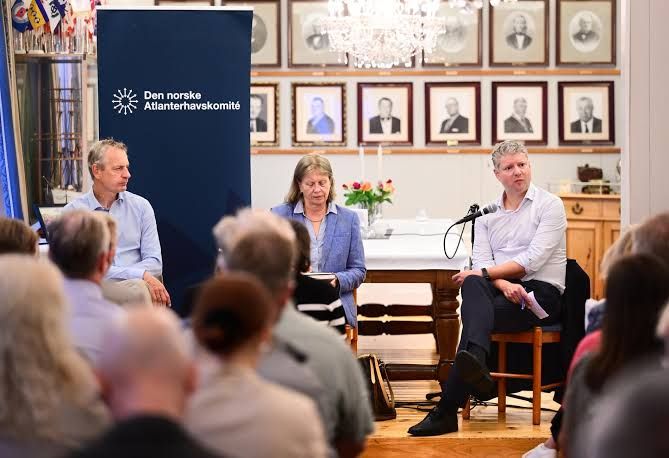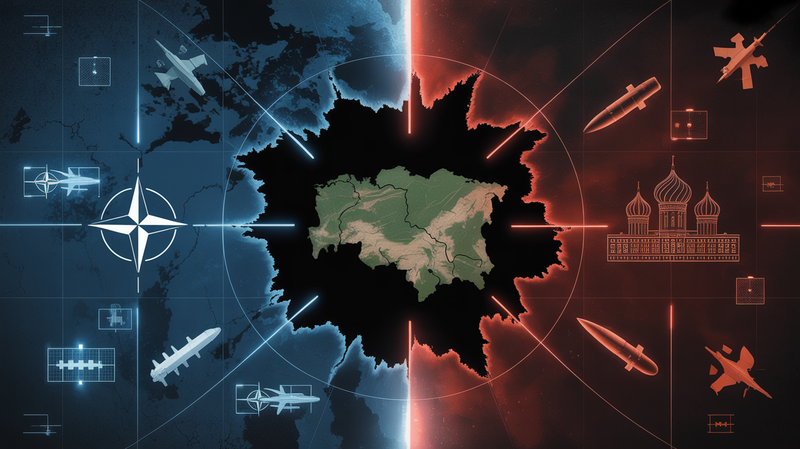Is Estonia's Security At Risk Following NATO Chief of Staff's Remarkable Suggestion?
In a recent, striking development, NATO Chief of Staff, Stian Jenssen, suggested during a panel discussion in Arendal that Ukraine might consider ceding some of its territories to Russia as part of a potential solution to end the ongoing conflict. In exchange, Jenssen posited that Ukraine could be granted NATO

In a recent, striking development, NATO Chief of Staff, Stian Jenssen, suggested during a panel discussion in Arendal that Ukraine might consider ceding some of its territories to Russia as part of a potential solution to end the ongoing conflict. In exchange, Jenssen posited that Ukraine could be granted NATO membership.
This bold proposition has reverberated throughout Europe, triggering intense debates over the integrity of national borders and the principles of international alliances. Given Russia's historic ultimatum to NATO before the outbreak of the war, Jenssen's remarks are particularly concerning for countries like Estonia, which share a border with Russia and have long-standing concerns about their territorial sovereignty.
Ukraine's potential territorial concession as a pathway to peace and security alliance is perceived by many Ukrainians as a betrayal by NATO. The prospect of ceding territory in return for security guarantees raises questions about the value of territorial sovereignty in modern geopolitics.
For Estonia, this situation is alarming. The nation, already embedded within the European Union and NATO, remains in a delicate position. If concessions can be suggested for Ukraine, what guarantees remain for other nations like Estonia, especially in the face of previous demands made by Russia?
Jenssen's remarks suggest a potential shift in NATO's strategy, raising concerns about the long-term security of its member states. As the geopolitical landscape of Eastern Europe becomes increasingly complex, nations like Estonia must reassess their positions and prepare for all eventualities.
The unfolding events in Ukraine and these latest comments from a high-ranking NATO official underscore the unpredictable nature of international diplomacy and the necessity for nations to remain vigilant in the protection of their sovereignty.




